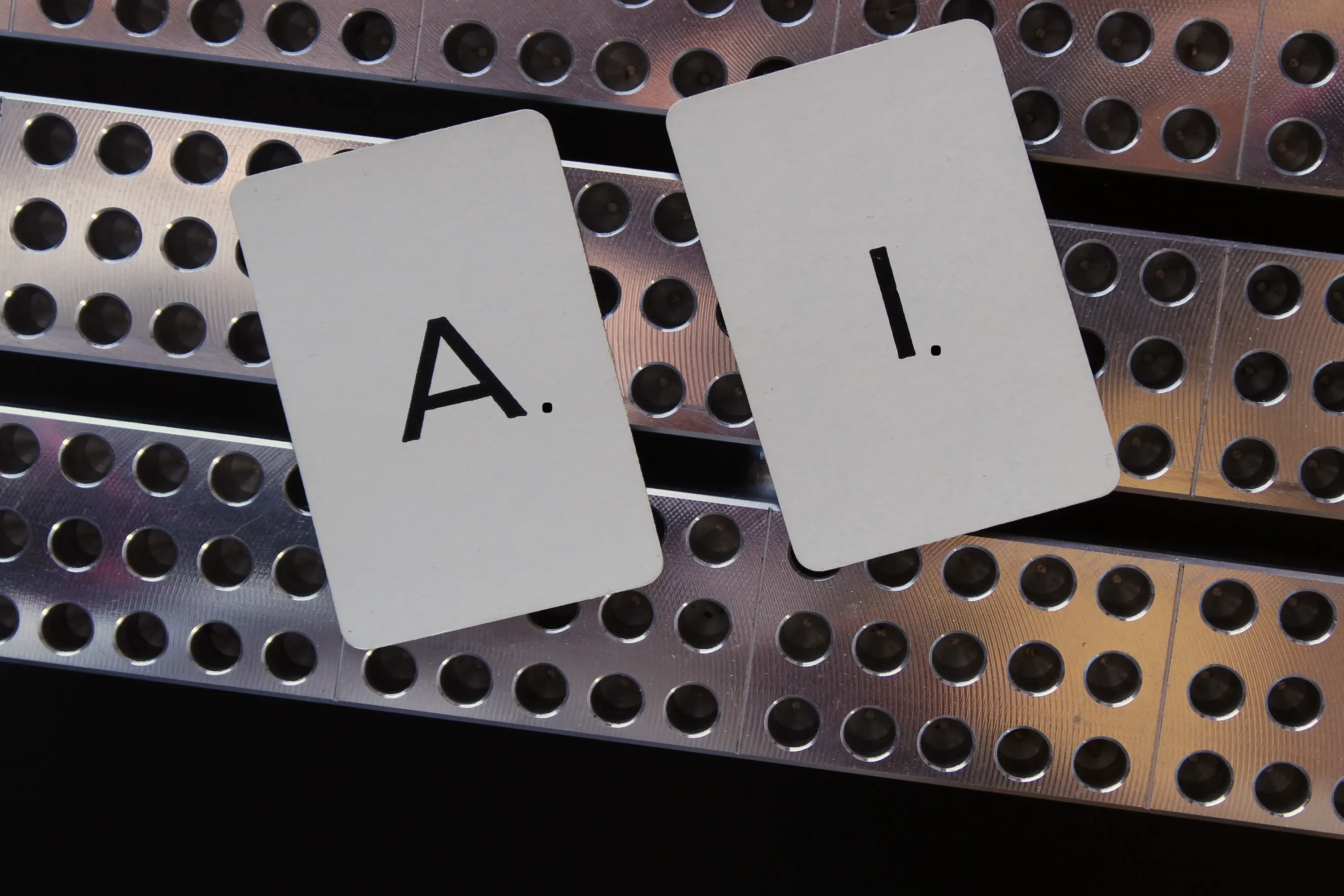Is AI Really as Accurate We Think ?
Businesses rely on AI for automation, data processing, and decision-making—but how much can we truly trust its accuracy?
We hear claims of 99% accuracy, but does that mean AI is completely error-free?
Or is there a hidden margin of error we need to consider?
Let’s break down the reality behind AI accuracy and why it matters.
99% Accuracy: What Does It Really Mean ?
When AI boasts 99% accuracy, it means that for every 100 tasks, only one error is made.
Sounds impressive, right? But here’s the catch:
📌 Context matters – AI learns from data and can misinterpret new patterns.
📌 Error accumulation – A 1% error rate might seem low, but over thousands of tasks, mistakes add up.
📌 AI is only as good as the data – Inconsistent or biased training data reduces reliability.
So, is AI truly error-free? No—but it’s the closest technology we have to precision automation.
Where Does AI Accuracy Excel ?
AI-powered systems achieve high accuracy in tasks like:
✔ Data extraction & document processing – AI can process massive volumes with minimal errors.
✔ Pattern recognition & fraud detection – AI spots anomalies faster than humans.
✔ Image & text recognition – AI-driven OCR achieves near-human accuracy levels.
✔ Automation workflows – AI-powered APIs minimize manual intervention and errors.
But no system is perfect—so what happens when AI makes mistakes.
What Causes AI Errors
Even the best AI models can misfire due to:
🚨 Poor data quality – Garbage in, garbage out. If AI is trained on low-quality data, accuracy drops.
🚨 Complex document layouts – AI adapts, but unusual formats or handwriting challenge its precision.
🚨 Edge cases – AI learns from past data, but unexpected scenarios can lead to misinterpretations.
🚨 Bias in training data – AI models reflect the data they learn from, which can introduce bias or inaccuracies.
So, does AI eliminate errors? Not completely. But it drastically reduces them compared to manual processing.
Why Businesses Still Trust AI Despite Errors
Here’s why AI is still the best choice for accuracy-driven tasks:
🔹 99% is still better than human error rates – Manual data entry has an 8% average error rate. AI reduces this significantly.
🔹 AI gets smarter over time – Unlike humans, AI learns from mistakes and improves.
🔹 Scalability with precision – AI processes millions of tasks faster and more accurately than humans ever could.
🔹 Error reduction through validation – AI-powered systems like Axtraction AI include built-in error checks and auto-corrections.
Instead of replacing human oversight, AI acts as a highly accurate assistant, minimizing human errors while increasing efficiency.
How Axtraction AI Ensures Near-Perfect Accuracy
At Axtraction AI, we take AI beyond just 99% accuracy by integrating:
✅ Intelligent Character Recognition (ICR) – Reads complex and unstructured data with human-like precision.
✅ Self-learning AI models – Continuous improvement based on real-time feedback.
✅ Advanced data validation – AI auto-corrects errors before they impact your workflow.
✅ Plug-and-play API – Seamlessly integrates with existing systems, ensuring error-free data transfer.
We don’t just claim 99% accuracy—we engineer it.
Final Thoughts
Is 99% Accuracy Enough
✅ AI reduces errors better than any human process.
✅ It continuously learns and improves over time.
✅ Businesses that rely on precision trust AI to minimize mistakes.99% accuracy isn’t just a number—it’s the future of intelligent automation.
Are you ready to trust AI for near-perfect accuracy?
FAQs about AI Accuracy
1. Is AI really 99% accurate?
Yes, but accuracy depends on the quality of training data and the task at hand.
2. Can AI work without human validation?
AI reduces errors but works best with minimal human oversight for edge cases.
3. How does AI correct its mistakes?
Machine learning models identify, learn from, and adapt to errors over time.
4. What industries benefit the most from AI accuracy?
Finance, accounting, banking, insurance, logistics or any industry that relies on precise data processing.
5. How does Axtraction AI ensure high accuracy?
By using self-learning AI, real-time validation, and intelligent automation..

